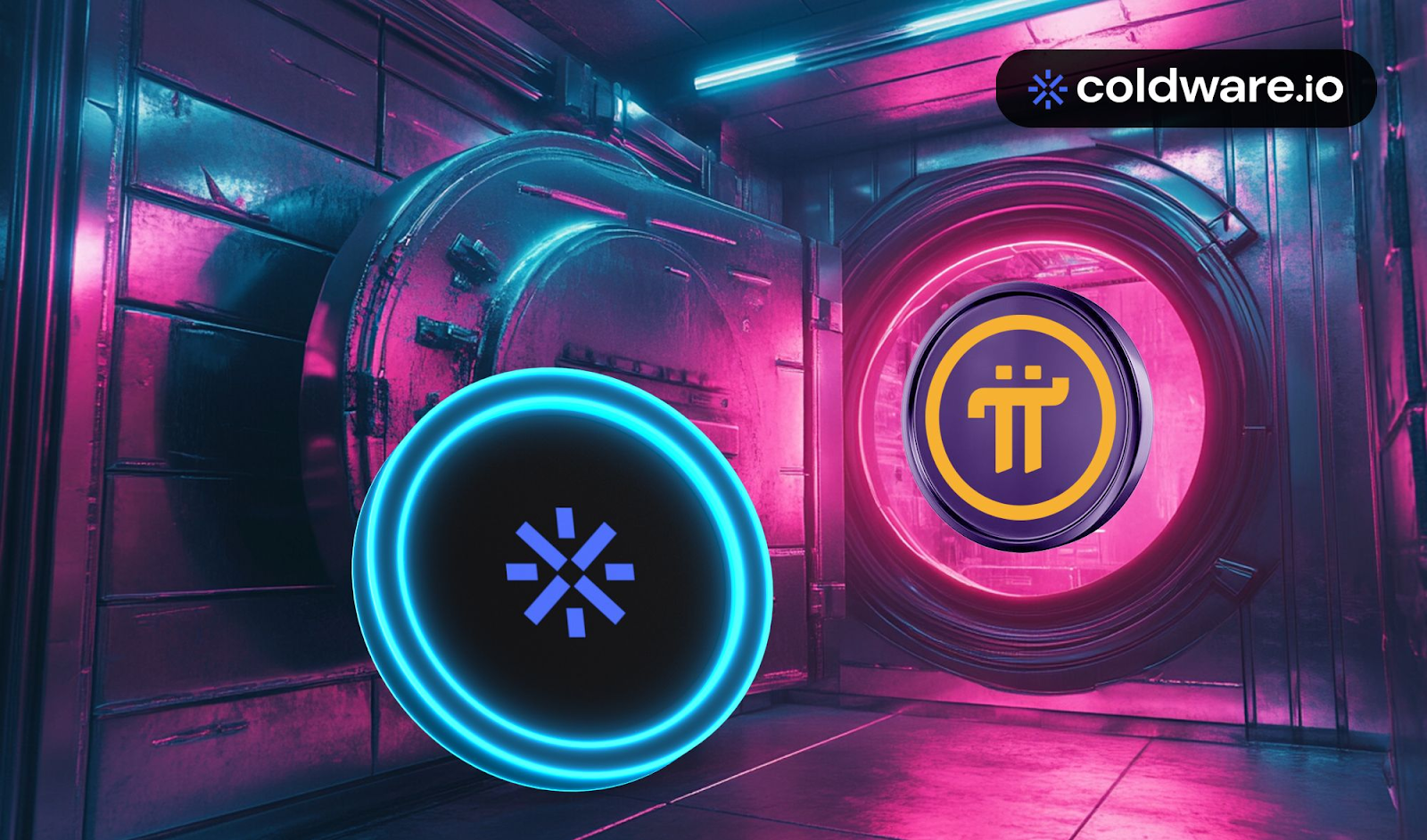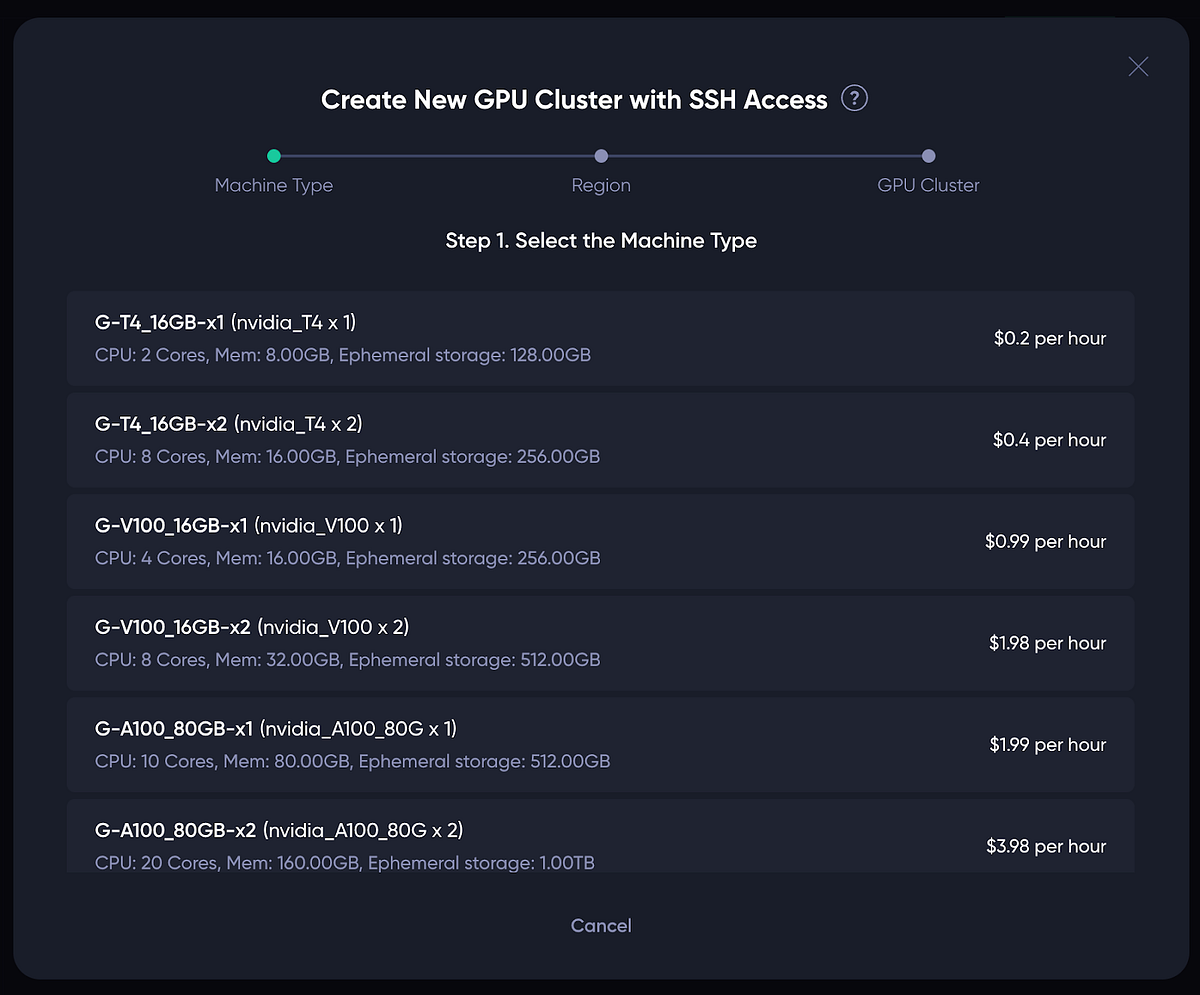Crankk Integrates Off-Grid Crypto Payments with Meshtastic
Crankk, a company that has been developing a LoRaWAN network for over two years, is making strides towards enabling off-grid cryptocurrency payments. The integration of their technology with Meshtastic, an open-source project that utilizes LoRa for creating a mesh network of peer-to-peer nodes, is a significant step forward. Both Crankk and Meshtastic share a similar communication layer over LoRa, with Meshtastic already supporting MQTT integration for bridging distant network parts. Crankk’s goal is to incentivize participation in these networks, allowing users to monetize their involvement while maintaining the enthusiast-driven nature of the community.
What sets Crankk apart is its commitment to a decentralized Web3 solution, where nodes communicate directly with blockchain nodes, ensuring user privacy. Each node is identified by its wallet address, controlled solely by the wallet owner, contrasting with other DePIN solutions that rely on centralized infrastructure. Operating on the Kadena blockchain, Crankk benefits from low gas fees, making it feasible to generate blockchain traffic profitably. The project is currently alpha-testing its solution, with plans to invite beta-testers soon, while also keeping the code open-source for Meshtastic.
One of the standout features of Crankk’s integration is the ability to facilitate crypto payments off-grid. Meshtastic devices running Crankk firmware can compose blockchain transactions and send them over the mesh network to nodes with internet access for confirmation. This innovative approach is rare in the current market and aims to provide users with unprecedented flexibility. Additionally, Crankk is committed to donating 20% of its income from Meshtastic devices to support the project, ensuring transparency through blockchain records. This initiative not only enhances the functionality of Meshtastic but also fosters a collaborative ecosystem within the blockchain community.
Related News





